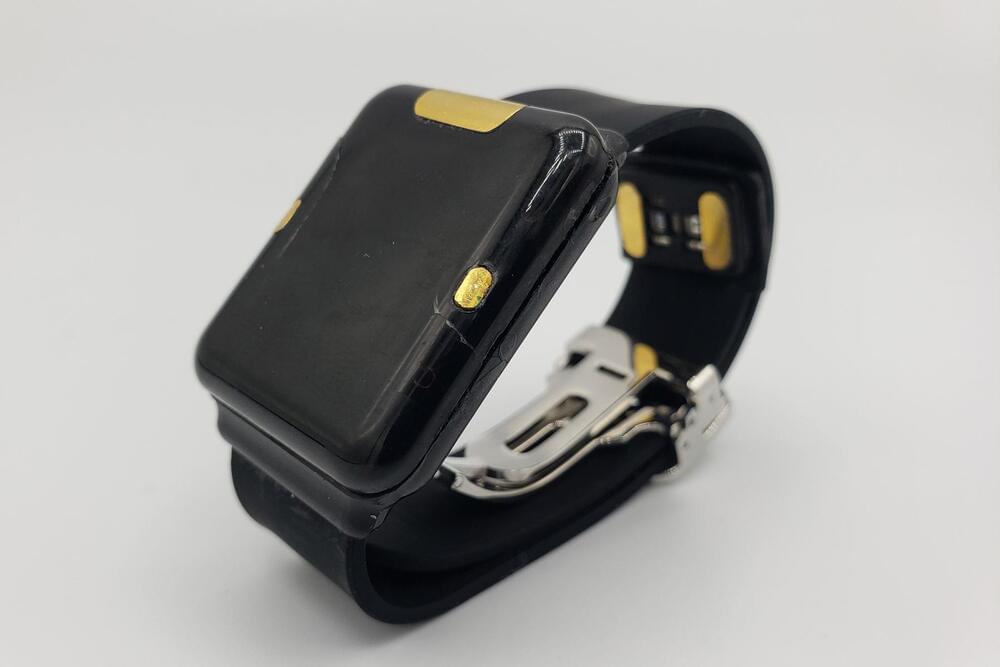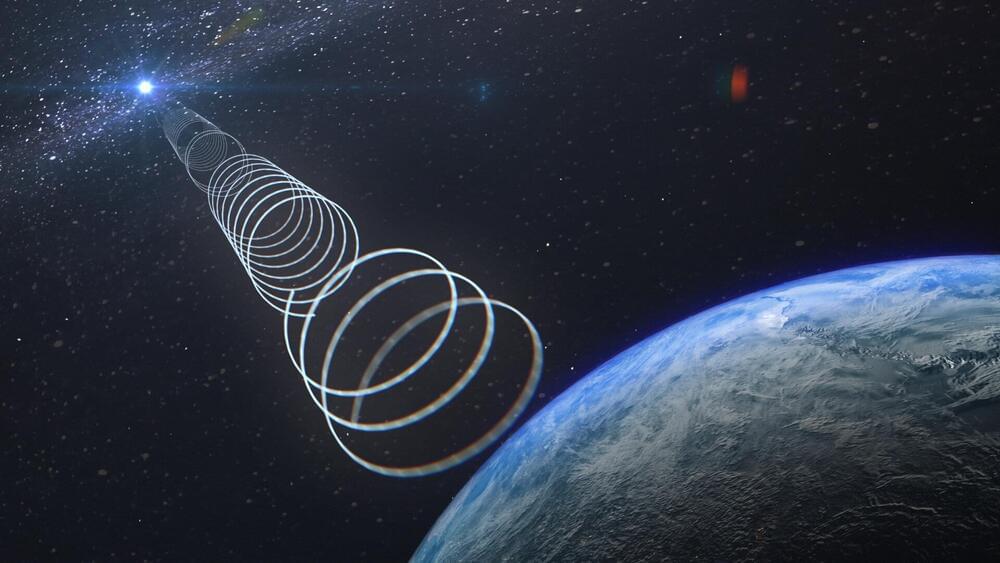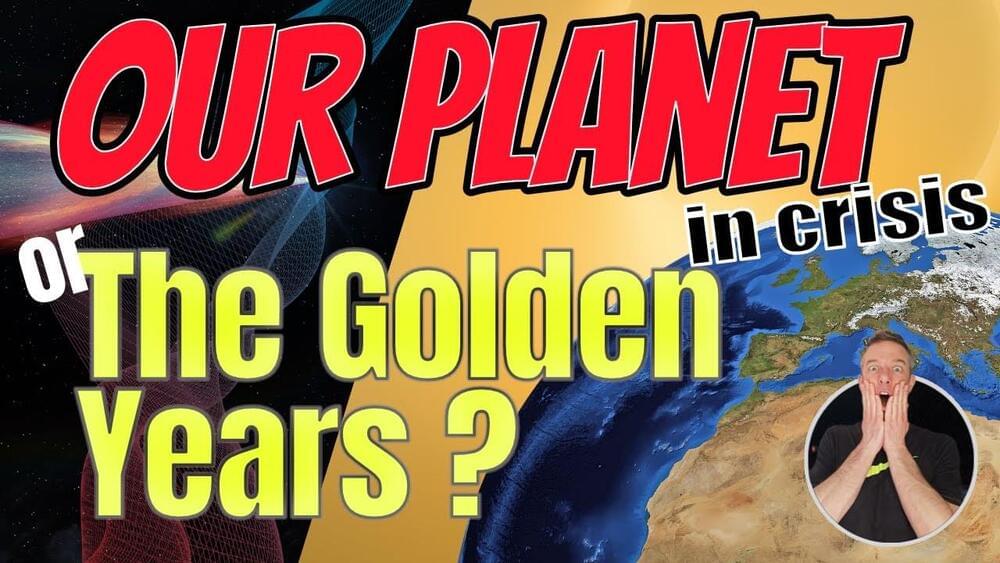Axiom Space, a venture-backed unicorn building the next generation International Space Station, is teaming up with Discovery Channel to give away a trip to the space station onboard SpaceX to the winner of a series of rigorous challenges meant to simulate astronaut training. The series is expected to air in 2022 and for those wanting to go up, casting is underway at discovery.com/astronaut. What this means is that the commercialization of space is happening in a very real way. No longer the realm of science fiction, private startups are joining forces with Fortune 500 companies to build industrial complexes in low Earth orbit for a multitude of commercial purposes including research, development, manufacturing, climate sensing, and even hospitality, with space hotels being planned to serve as WeWorks for those seeking off-planet retreats and remote work offices. you ever gazed up at the stars and wondered what it would feel like to be looking back down at Earth? Are you a space enthusiast who would give anything to travel to space, but never thought you’d have an opportunity? Welcome to WHO WANTS TO BE AN ASTRONAUT — the ultimate chance of a lifetime. Compete for a seat on a flight to the International Space Station where the winner will be able to do something only a handful of humans have ever done…travel into space.
We’re not looking for rocket scientists — this is an opportunity for regular people to have the chance to travel to space and share that journey with the world. (Ok, ok, if you’re a rocket scientist you’re welcome to apply too!)
If this sounds like a mission you want to be part of, now is your chance. Fill out the application below and submit a short video (30−60 seconds) telling us about yourself, why you deserve a chance to travel to space, what it would mean to you, and why you want to participate. We can’t wait to hear from you.

















